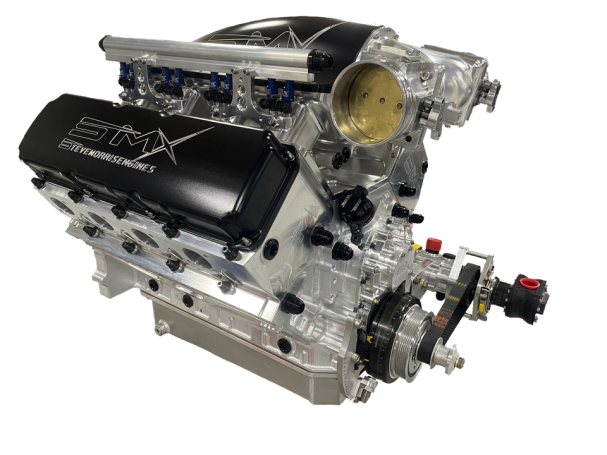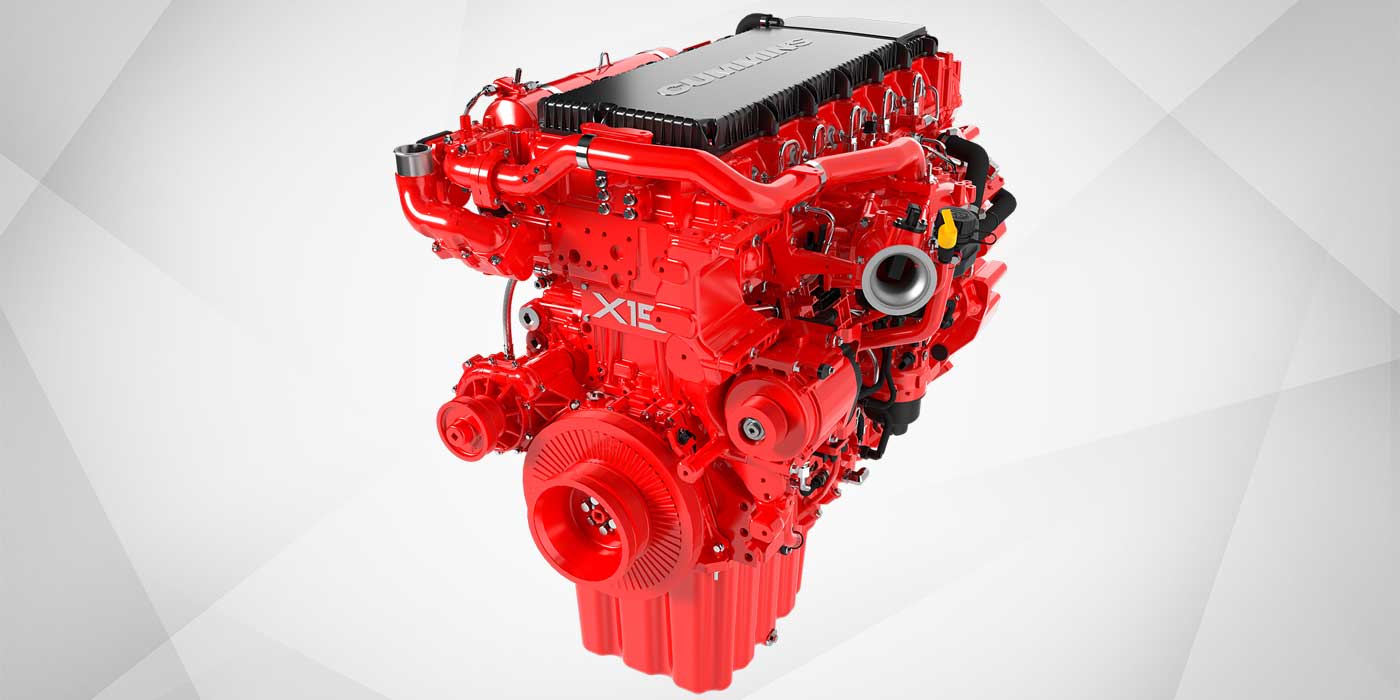Optimize Your Financial Investment with Engines For Africa's Array
Optimize Your Financial Investment with Engines For Africa's Array
Blog Article
Explore a Large Range of Engines for every single Lorry and Objective
The auto landscape is increasingly complicated, with a varied selection of engine kinds designed to fulfill certain performance and performance demands throughout different vehicle groups. In addition, sturdy engines serve the requirements of job cars, while green alternatives are getting traction in the pursuit of sustainable transportation.
Kinds of Automotive Engines
Automotive engines can be categorized into several distinct kinds, each created to satisfy certain efficiency and effectiveness requirements. One of the most common groups include internal combustion engines, electric engines, and hybrid systems.

Electric engines, on the various other hand, operate on electrical power stored in batteries, providing instant torque and no exhausts. These engines are coming to be significantly popular due to improvements in battery innovation and the expanding focus on sustainability.
Crossbreed systems incorporate both interior combustion and electrical engines, allowing vehicles to enhance gas effectiveness and minimize discharges by seamlessly switching over in between power resources. Each engine type provides its downsides and advantages, influencing variables such as lorry layout, intended use, and market demand. When picking the proper engine for their details demands., comprehending these differences is essential for consumers and manufacturers alike.
Efficiency Engines for Sports Cars
Performance engines for cars are particularly crafted to provide boosted rate, agility, and power, establishing them aside from standard automotive engines. These engines usually make use of advanced modern technologies such as turbocharging, turbo charging, and variable valve timing to make best use of performance and responsiveness.
Generally, performance engines are developed with greater compression ratios, which permit better energy extraction from gas. This leads to impressive horse power and torque figures, allowing fast acceleration and higher full throttle. Additionally, the light-weight products utilized in these engines, such as light weight aluminum and carbon fiber, add to reduced general lorry weight, improving handling and maneuverability.
Engine setups like V6, V8, and also hybrid systems are typical in efficiency cars, each offering one-of-a-kind benefits in regards to power distribution and driving dynamics. The tuning of these engines is also vital; many producers enhance the engine monitoring systems to give an exhilarating driving experience, commonly including sport modes that change throttle response and gear changes.
Effective Engines for Daily Commuters
In the realm of day-to-day commuting, reliable engines play an essential role in maximizing fuel economic situation and reducing exhausts while offering trustworthy performance. As city populaces expand and environmental issues escalate, the need for lorries geared up with effective powertrains has surged.
Modern engines created for day-to-day commuters commonly incorporate technologies such as turbocharging, direct gas shot, and hybrid systems. Turbocharging enhances engine efficiency forcibly more air right into the burning chamber, enabling smaller, lighter engines that do not endanger power output. Direct fuel injection improves gas atomization, leading to better combustion and enhanced efficiency.
Crossbreed engines, integrating interior combustion with electrical power, more boost fuel economy, specifically in stop-and-go web traffic, where conventional engines can experience from inadequacies. Electric electric motors help throughout acceleration and can run independently at low speeds, minimizing general fuel intake.
Furthermore, improvements in engine administration systems and lightweight products contribute dramatically to efficient engine design. By concentrating on performance, toughness, and ecological sustainability, producers remain to provide engines that not just satisfy the demands of day-to-day travelling but also straighten with international efforts to lower carbon impacts.
Heavy-Duty Engines for Work Vehicles
Sturdy engines for work lorries are consistently engineered to deliver phenomenal torque and integrity under requiring conditions. These engines are developed to execute in settings where typical engines may fail, such as building sites, logging operations, and agricultural setups. The key focus of sturdy engines is their capacity to create high levels of power while preserving resilience over expanded durations of procedure.
Commonly, heavy-duty engines use sophisticated materials and durable construction strategies to withstand the rigors of hefty work. Attributes such as enhanced cylinder blocks, improved air conditioning systems, and progressed gas injection technologies add to their performance. These engines usually run at reduced RPMs, which assists to enhance gas performance while giving the essential power for transporting and hauling.
In enhancement to mechanical toughness, sturdy engines are commonly geared up with advanced digital control systems (ECUs) that manage efficiency, emissions, and diagnostics. This combination enables for better surveillance and maintenance, making sure that job lorries remain effective and operational.
Ultimately, sturdy engines are a vital element read this in the efficiency content of different markets, giving the essential power and reliability to take on the hardest of jobs.
Eco-Friendly Engine Options
The growing focus on sustainability has actually caused the advancement of environment-friendly engine choices that focus on lowered discharges and improved gas performance. These engines are made to decrease the ecological effect of automobiles while still supplying the performance and reliability anticipated by consumers.
Amongst one of the most remarkable eco-friendly choices are hybrid and electrical engines. Hybrid engines integrate traditional internal combustion engines with electric propulsion, permitting minimized fuel usage and lower greenhouse gas emissions. Electric engines, on the other hand, run completely on battery power, producing zero tailpipe exhausts and contributing to cleaner air quality.
Another encouraging development is the advancement of biofuel engines, which use renewable sources, such as plant materials, to power cars (Engines For Africa). By using biofuels, these engines can lower dependency on fossil gas and lower total carbon impacts

As the automobile industry progresses, environment-friendly engine alternatives will certainly play a critical duty in driving the change towards even more lasting transportation options.
Conclusion
From high-performance engines that enhance sports cars and truck capacities to efficient designs focusing on gas economy for everyday travelers, each kind serves a specific function. Sturdy review engines cater to durable job automobiles, while environmentally friendly alternatives, such as electric and biofuel engines, advertise lasting transportation.

Report this page